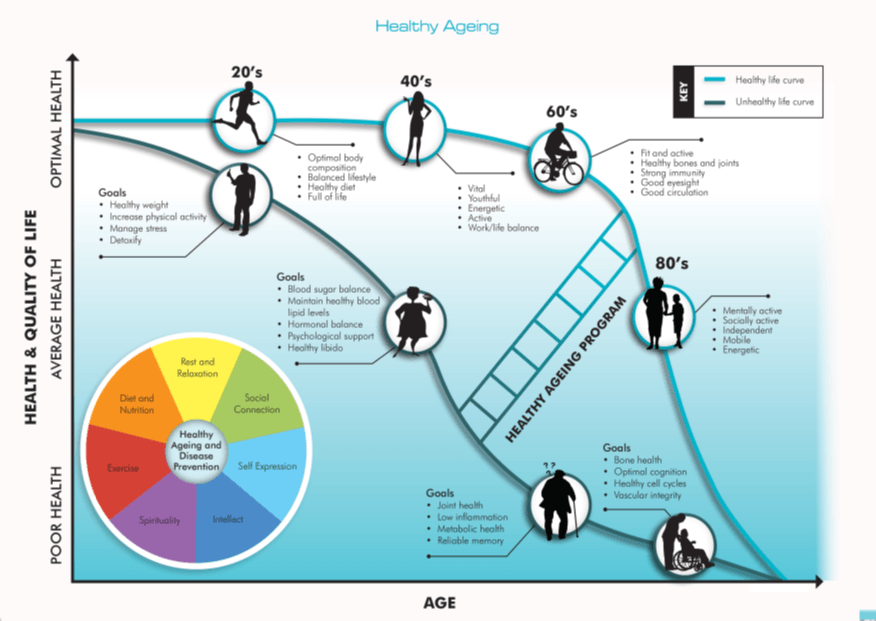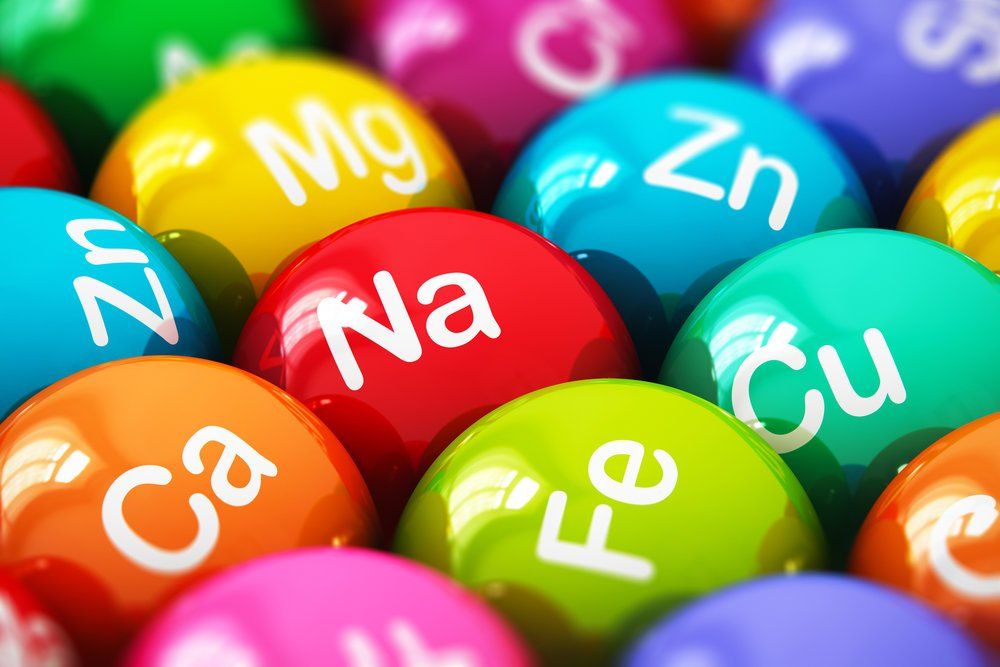Address: 16 Lemongrove Road Penrith NSW 2750
ABN: 56 189 632 055
Blog











★★★★★
I can highly recommend seeing John for a natural health review. I was feeling overwhelmed, on edge, moody and really tired. Also my monthly cycle was causing me trouble. After treating my poor health with herbal medicine prescribed by John i'm able to function so much better and felt results within the first 2-3 weeks. 1 year on and i'm so grateful for his experience and knowledge in treating the issue i once was suffering from daily.
-Samantha B.
Button
★★★★★
I have been seeing John for over a year now for my chronic acid reflux issue and the herbal medicines prescribed by him have kept the issue well under control. I have also seen him for a few other issues and they have been addressed with the medicines.
My wife has also consulted him for her chronic head ache which have again reduced a lot compared to how it was before the visit.
You can trust John and his medicines. The medicines have almost zero to actually zero side effects. We can't go much wrong by giving a try.
-Athique H.
Button
★★★★★
Very Friendly and helping staff
I'm seeing positive results from treatment
Highly recommended
-Darren C.
Button

★★★★★
I can highly recommend seeing John for a natural health review. I was feeling overwhelmed, on edge, moody and really tired. Also my monthly cycle was causing me trouble. After treating my poor health with herbal medicine prescribed by John i'm able to function so much better and felt results within the first 2-3 weeks. 1 year on and i'm so grateful for his experience and knowledge in treating the issue i once was suffering from daily.
-Samantha B.
Button
★★★★★
I have been seeing John for over a year now for my chronic acid reflux issue and the herbal medicines prescribed by him have kept the issue well under control. I have also seen him for a few other issues and they have been addressed with the medicines.
My wife has also consulted him for her chronic head ache which have again reduced a lot compared to how it was before the visit.
You can trust John and his medicines. The medicines have almost zero to actually zero side effects. We can't go much wrong by giving a try.
-Athique H.
Button
★★★★★
Very Friendly and helping staff
I'm seeing positive results from treatment
Highly recommended
-Darren C.
Button
CONTACT INFORMATION
Phone: (02) 4721 3198
Address: 16 Lemongrove Road, Penrith NSW 2750
ABN: 56 189 632 055
CLINIC HOURS:
- Mon - Fri
- -
- Sat - Sun
- Closed
PAYMENT OPTIONS





